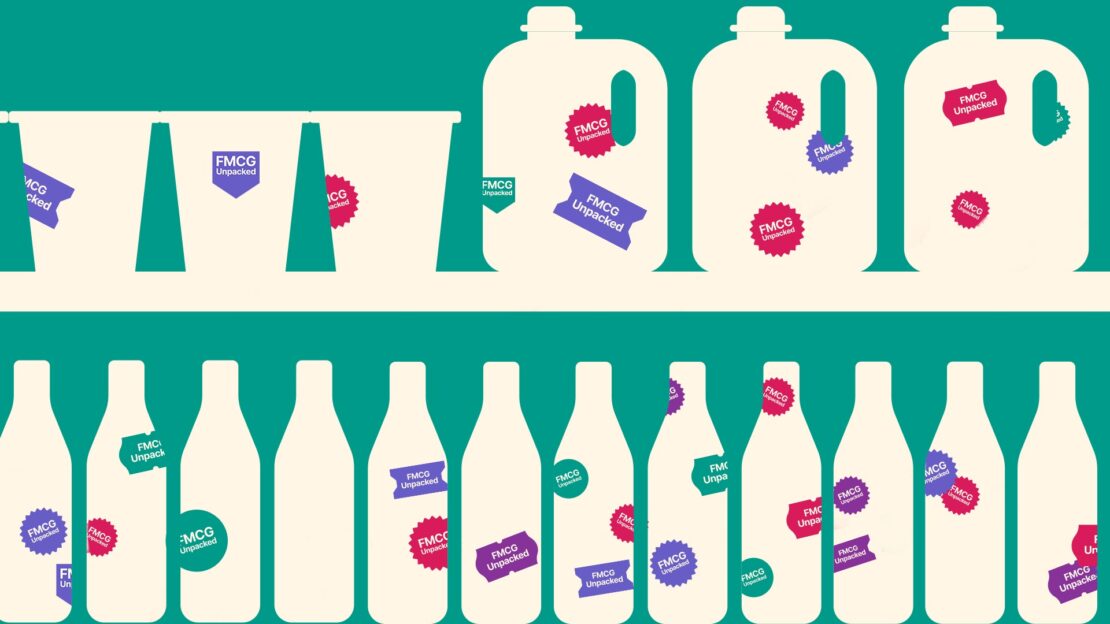Ultra-processed policy: lifting the lid on the hottest topic in public health
October 6th, 2023
The prevailing consensus is that the UK is suffering from an obesity crisis. Figures show that in 2021, 63.8% of adults in the UK were either overweight or obese and almost 1 in 5 children are leaving primary school in the same condition.
The current cost of living crisis, driven by high inflation of food prices, has refocused attention on the issue of what we eat. Over recent months, campaigners have repeatedly highlighted that it is often the most unhealthy food that is the cheapest, worsening health disparities and resulting in more unhealthy diets for those who are most deprived.
As campaigners call for greater action to tackle adverse health outcomes linked to what we eat, a new term is gaining popularity as the “bogeyman” of public health: ultra-processed foods.
Ultra-processed foods have been attributed as the cause of a range of health outcomes, from obesity to poor mental health, in recent months. The concern around these products has led to key political influencers including former Conservative Leader William Hague, ex-government food tsar Henry Dimbleby, BBC Panorama, and even celebrity chef Prue Leith, calling for action.
Unfortunately, the reality isn’t as simple as it seems. There is no formal definition of ultra-processed foods, nor any formal classification to understand the nutritional value of our food, processed or unprocessed. This has led informally to almost all sources of food being defined as ultra-processed – from traditional “junk food” to oven pizzas, and even a loaf of white bread.
In addition to this, despite the headlines, it is not entirely certain whether it’s the act of processing food that is making it unhealthy, or merely the list of ingredients. A recent literature review by the Scientific Advisory Committee on Nutrition (SACN) found inconclusive evidence as to whether the adverse health effects of ultra-processed foods stemmed from the fact that the foods were ultra-processed, or because they were simply high in fat, sugar and salt (HFSS).
While SACN has highlighted the need for more research on the issue in the first instance, it is clear that campaigners want action to curb the consumption of ultra-processed foods as soon as possible, despite the uncertainty surrounding the root cause of the problem. Whatever the evidence suggests, ultra-processed foods have become the poster child of anti-obesity campaigns – and this is unlikely to change anytime soon.
It’s therefore crucial that businesses are alive to the dangers of potential legislation on this issue. The National Food Strategy recommended that the government introduces a Sugar and Salt Reformulation Tax, alongside a Good Food Bill, which would completely transform the way we eat. If implemented, this could force businesses to reformulate products even further, or even scrap entire lines.
The silver lining is that, while obesity prevention has been a policy-making priority in recent years, action to tackle it has slowed, with major new policies delayed until after the next General Election. If the Government does anything on this issue in the next year, it will be to accept the recommendations of SACN and commission further research into a potential classification of food types in the UK – so there’s still time to take voluntary action before further regulation strikes further down the track.
Between now and the next election, it is important that business understands which of its products may be affected by potential future legislation, and put together a plan to engage all the major political parties in advance of the next General Election. While a Conservative Government may be hesitant to legislate on ultra-processed foods at present, a new Labour administration which has put prevention at the heart of its health policy may need more convincing not to act with a heavy hand.
The next 18 months will therefore be essential to show that businesses are doing all they can to prioritise a healthy lifestyle for consumers. Policymakers will need the support of business as they look to tread the fine line between following the evidence and listening to the public clamour on ultra-processed foods.
A failure to engage key stakeholders now could lead to policy being designed without due care for business needs – as we saw with the recently delayed Extended Producer Responsibility scheme. It is vital that business starts to find its voice now on a topic that is gripping the nation.

